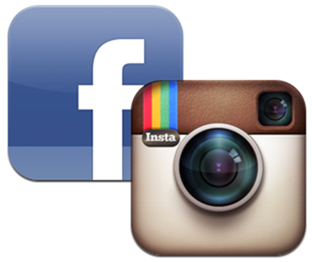
For years, Facebook seemed to be a unique example of how growth works in social networks. Each time Mark Zuckerberg announced new user numbers, they were always higher than those presented only a few months earlier. This development still continues. However, when looking at the United States, a certain weariness of Facebook seems to be slowly spreading.
According to a recently published survey, 42 percent of American Facebook users between the ages of 18 and 29 stated that they used the social network less frequently than in the year before. For users between the ages of 30 and 49 years, this pertains to 34 percent. In addition, 28 percent of Facebook users affirm that the website has become less important for them. Only 12 percent say that Facebook has become more important.
Moreover, scientists from the Pew Research Center have discovered that 61 percent of all Facebook users have already voluntarily taken a time out from the world’s largest social network. The most common causes for this are lack of time (21 percent), lack of interest (10 percent) and the view that Facebook is a waste of time, more specifically that the content is irrelevant (10 percent).
Last Place in Customer Satisfaction
Facebook itself does not publish any detailed usage statistics, which is why it is difficult to ascertain just what condition the social network actually is in. The company and its growing advertising revenues are increasingly capable of convincing investors to come on board. However, Mark Zuckerberg, in his search for new sources of income, has been repeatedly accused of losing sight of the user’s concerns and desires.
Such allegations and recurring nuisances regarding the protection of privacy will gradually produce a loss of confidence. The American Consumer Satisfaction Index placed Facebook in last place among social networks. A few weeks ago, a survey that analyzed teenage users’ behaviors showed Facebook landing behind the blogging platform Tumblr. Also, there is a growing impression in the public perception that Facebook is closer to its advertising customers than to its own users. Prior to the introduction of Graph Search, a new search function, the influential technology blog The Verge wrote:
“There’s no numerical evidence that Facebook has ‘lost its cool,’ but you can feel it. You hear people talking about it. Instead of seeing Facebook blue illuminating the phones of fellow subway and bus riders, you see Instagram or Snapchat or Twitter. Facebook has become a normal thing — a ‘social utility’ everyone uses but few are excited about.”
Last September, Business Insider cited a financial analyst who, using comScore numbers, came to the conclusion that teenagers in the U.S. will, over time, use the world’s largest social network less frequently. Instagram, the photography app, is trendier in this age group. However, this exact company was bought by Facebook long ago. Perhaps Mark Zuckerberg knows young people better than Facebook lets on.

Leave a Reply
You must be logged in to post a comment.